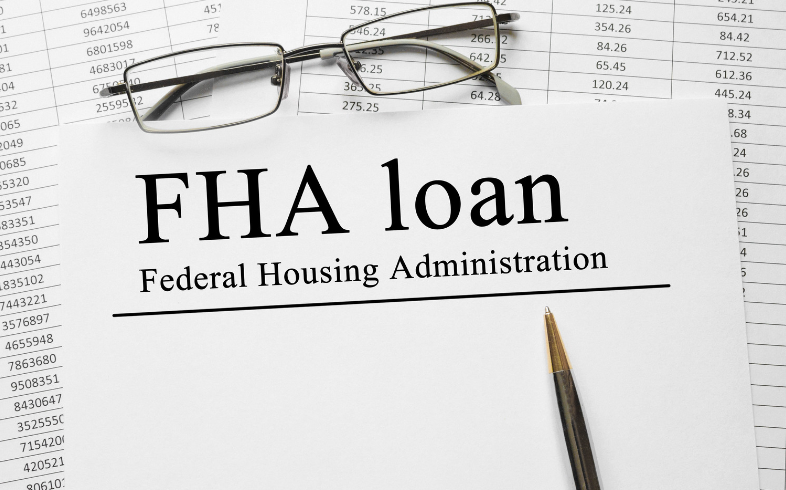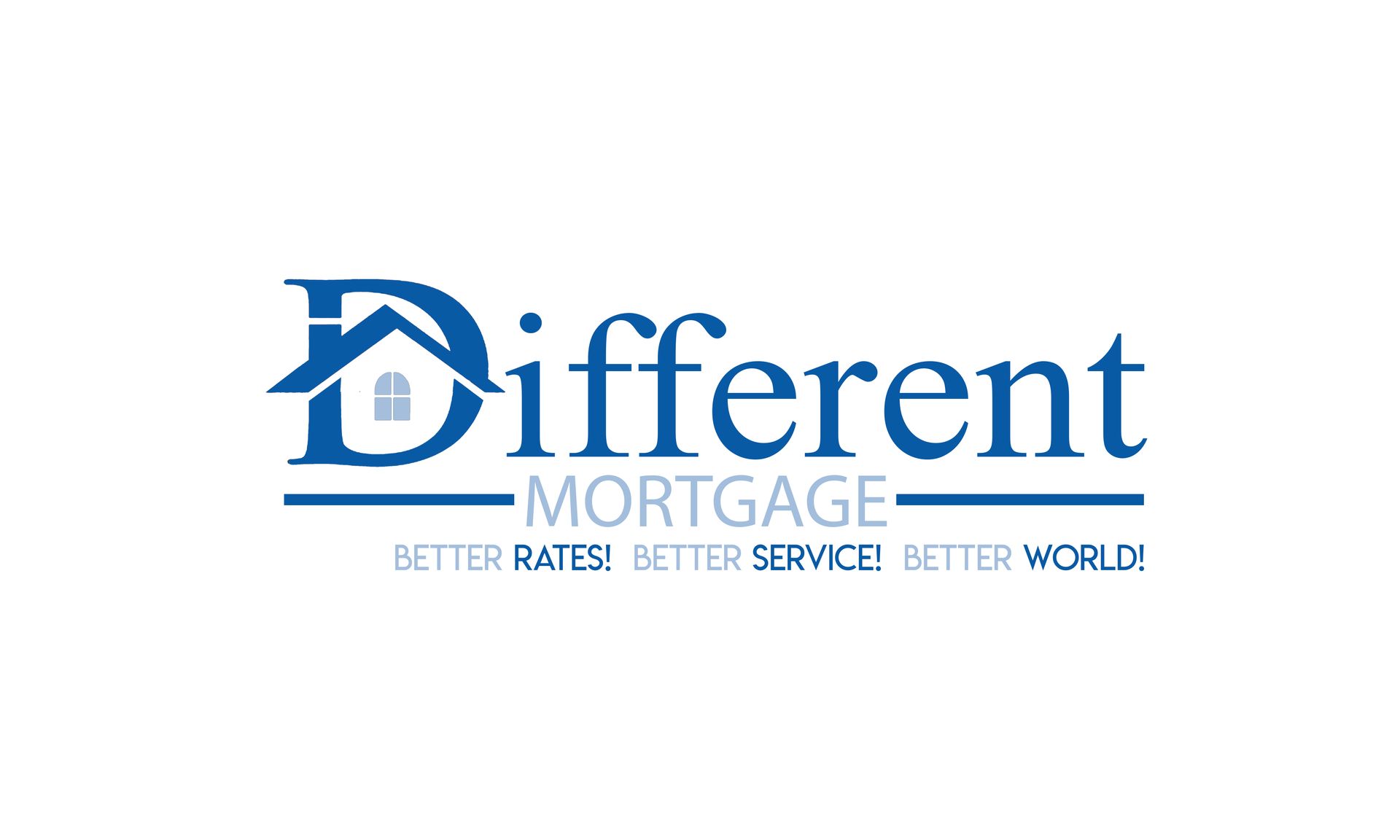FHA Loans in La Mesa, CA
Why La Mesa, CA?
FHA loans are insured by the Federal Housing Administration (FHA). They are for FHA borrowers who might not qualify for conventional loans due to their unique financial situations, such as lower credit scores or higher debt-to-income ratios. The FHA was created in 1934 to make homeownership more accessible to Americans during tough times. FHA loans allow you to finance with a lower credit score and a smaller down payment. Perfect for La Mesa, CA where prices are high.
FHA loans in La Mesa, CA have many benefits for potential homeowners. FHA home loans come in various types, each with unique benefits tailored to different homebuyer needs. One of the biggest is the ability to buy a home with a lower down payment. Conventional loans require a 5% down payment or more. FHA loans require a 3.5% down payment. This can be a huge help for first-time homebuyers or those who don’t have a lot of savings.

Lenient Credit Requirements
In addition to the lower down payment, FHA loans also have more lenient credit requirements. Borrowers with a 580 credit score can qualify for an FHA loan. Conventional loans require a much higher credit score. This opens up opportunities for many who would otherwise struggle to get financing.
Plus, FHA loans have foreclosure protection. The FHA has options for homeowners who are struggling financially, like loan modification and forbearance plans that can prevent foreclosure during tough times. In essence, FHA loans are a safety net for borrowers who may experience temporary setbacks. Perfect for homeownership in La Mesa, CA.
Why FHA Loans over Conventional Loans?
When comparing FHA loans to conventional loans, several factors come into play that make FHA loans more attractive to many borrowers. First and foremost, FHA loans have easier qualification requirements than conventional loans. The Federal Housing Administration’s backing means lenders are more willing to take on borrowers who don’t meet the strict credit or income requirements of conventional loans. Perfect for first-time homebuyers or those with limited credit history.
And the lower down payment requirement is a big plus for FHA loans. Many potential homeowners, especially in La Mesa, CA where prices are rising, may find saving for a down payment a big hurdle to homeownership. FHA loans make it more possible to enter the market without having to save a lot upfront.

Mortgage Insurance
Mortgage insurance is another factor. While FHA loans require mortgage insurance, the cost is more manageable than conventional loans, especially for borrowers with lower credit scores. The mortgage insurance premiums on FHA loans are calculated to be more flexible and affordable so borrowers can get a home loan without breaking the bank.
And FHA loans have a higher debt-to-income ratio, meaning borrowers can have more debt-to-income and still qualify for the loan. This is big for those who have student loans, car payments, or other financial obligations that would otherwise disqualify them from getting a mortgage.
FHA Loan Requirements
To qualify for an FHA loan, you need to meet certain requirements, but these requirements are more lenient than conventional loans. An FHA loan requires a minimum credit score of 580 to qualify with a down payment of 3.5%. However, some lenders may approve applicants with a credit score as low as 500 if they can provide a higher down payment.
The down payment requirement for FHA loans is another big factor. The standard minimum down payment is 3.5% of the purchase price, which is lower than the 5% or more required by conventional loans. This lower down payment makes FHA loans more accessible to more buyers, especially first-time homebuyers.

Primary Residence & Other Requirements
FHA loans also require the property to be the borrower’s primary residence. Investment properties or second homes do not qualify for FHA financing. The program is focused on helping individuals and families buy a home to live in. This requirement ensures that the loans are used for owner-occupied housing, which is in line with the FHA’s mission to promote homeownership.
Another requirement is that the property must be appraised by an FHA-approved appraiser. This step ensures the home meets the FHA’s minimum property standards, so both the borrower and lender are protected from potential issues with the property.
Also, applicants must show a steady employment history and provide proof of income through documents such as pay stubs and tax returns. This financial documentation helps lenders to evaluate the borrower’s ability to make mortgage payments consistently.
Lastly, FHA loans have loan limits that vary depending on the location. In La Mesa, CA, these loan limits are based on the local real estate market, so the financing is still accessible but aligned with the local property values. Borrowers should know these limits and how they will affect their ability to get a loan within the limit.

Mortgage Insurance in FHA Loans
Mortgage insurance is a big part of FHA loans. Mortgage lenders play a crucial role in the FHA loan process, as applications are completed directly with banks or approved lenders who have specific requirements. It’s a safety net for lenders to protect them from losses if the borrower defaults on the loan. This allows lenders to offer FHA loans to borrowers who don’t qualify for conventional loans.
There are two types of mortgage insurance in FHA loans: Upfront Mortgage Insurance Premium (UFMIP) and Annual Mortgage Insurance Premium (MIP). The UFMIP is paid at closing and is 1.75% of the base loan amount. Borrowers can finance this upfront premium into the loan, so they don’t have to pay it all at once.
The Annual Mortgage Insurance Premium is paid monthly and is included in the borrower’s monthly mortgage payment. The amount of the annual MIP varies based on several factors such as loan amount, loan term, and loan-to-value ratio. These premiums allow the FHA to continue to offer loans to individuals who wouldn’t qualify for conventional financing.
Mortgage insurance makes FHA loans more accessible, but it also adds to the overall cost of the loan. Borrowers should consider the impact of these insurance premiums on their monthly payments and overall budget. While the added cost may seem like a drawback, the benefits of an FHA loan, such as lower down payments and more lenient credit requirements, often outweigh the extra cost of mortgage insurance.

FHA Mortgage Insurance Premiums
FHA mortgage insurance premiums are a big part of FHA loans to offer flexibility and security to borrowers. The upfront premium is called Upfront Mortgage Insurance Premium (UFMIP) and is 1.75% of the base loan amount. This can be financed into the loan, so borrowers don’t have to pay it out of pocket at closing.
The Annual Mortgage Insurance Premium (MIP) is another important part, calculated based on the loan amount, loan term, and loan-to-value ratio. For loans with a term more than 15 years, the MIP is 0.80% to 1.05% of the loan amount. This premium is paid monthly and added to the borrower’s mortgage payment, so the loan remains insured throughout its life.
Keep in mind that unlike conventional loans, FHA loans don’t automatically cancel the mortgage insurance premium once the loan-to-value ratio reaches 80%. Borrowers who want to eliminate MIP may refinance into a conventional loan once they have built enough equity in their home. This option gives borrowers the flexibility to reduce their monthly payments by getting rid of mortgage insurance.
Overall, FHA mortgage insurance premiums are designed to make homeownership accessible and protect lenders and FHA from losses. Borrowers should understand these premiums and how they affect their monthly payments if they are considering an FHA loan.

Annual Mortgage Insurance Premium
The Annual Mortgage Insurance Premium (MIP) is a big part of the overall cost of an FHA loan. It is calculated based on several factors such as loan amount, loan term, and loan-to-value ratio. For loans with a term more than 15 years, the MIP is 0.80% to 1.05% of the loan amount. For loans with a term of 15 years or less, the MIP is 0.45% to 0.95% of the loan amount.
These premiums are included in the monthly mortgage payment and allow the FHA to continue to offer loans to borrowers with less than perfect credit or lower down payments. While the annual MIP adds to the overall cost of the loan, it’s a protection for both lenders and borrowers.
Borrowers should consider the impact of the annual MIP on their overall affordability and budget. While the premium increases the cost of the loan, it allows borrowers to get FHA financing with good terms and conditions. For many individuals and families, the benefits of an FHA loan, such as lower down payments and more lenient credit requirements, make the extra cost of mortgage insurance worth it.

FHA Loan Limits in La Mesa, CA
FHA loan limits vary based on the cost of housing in different areas. In La Mesa, California, the loan limits are based on the median home price in the area, so financing is available while aligned with the local property values.
In lower-cost areas, FHA loan limits are capped at 115% of the median home price. This ensures borrowers can get financing that reflects the actual cost of housing in the area. In high-cost areas like parts of San Diego County, the FHA loan limits can be much higher to accommodate the local market so borrowers can have more flexibility to buy homes in those areas.
Borrowers should know these loan limits if they are getting FHA financing in La Mesa, CA. By knowing the maximum loan amount, borrowers can make informed decisions on their home purchases and ensure they are buying properties within their means. Borrowers should stay informed about changes in loan limits, as these are reviewed annually by the U.S. Department of Housing and Urban Development (HUD).

FHA Energy Efficient Mortgage Program
The FHA Energy Efficient Mortgage (EEM) program is a great option for homeowners who want to finance energy-efficient upgrades to their property. This program allows borrowers to include the cost of energy-efficient upgrades in their mortgage, so they don’t need to finance it separately.
One of the biggest benefits of the EEM program is lower utility costs. Energy-efficient homes use less energy, so utility bills are lower. This can add up to big savings over time and offset the initial cost of energy-efficient upgrades.
Energy-efficient upgrades can also increase the value of a home, making it more marketable. This is especially beneficial to homeowners who plan to sell their property in the future, as energy-efficient features are becoming a hot commodity in the market.
The EEM program fits with the FHA’s mission of affordable and sustainable homeownership. By financing energy-efficient upgrades, the program encourages homeowners to invest in upgrades that benefit both their pocket and the environment.
Down Payment Assistance with FHA Loans
While FHA loans have lower down payment requirements, many borrowers may still need help with the down payment. The good news is that there are several options to help with down payment costs so homeownership is more accessible to more people.
One option is gift funds. Borrowers can get financial help from family members or close friends to cover the down payment and closing costs. This flexibility allows borrowers to tap into their support network to achieve their homeownership goals.
State and local programs also offer down payment assistance to qualified borrowers. These programs provide financial aid to individuals and families who meet certain requirements such as income limits or first-time homebuyer status. By reducing the down payment burden, these programs make homeownership more accessible.
Some employers also offer programs to help employees buy a home. These employer-sponsored programs can provide additional financial help, which can be used with an FHA loan. This is especially beneficial to employees who want to put down roots in their community.
Overall, these down payment assistance options can help alleviate the financial burden for borrowers buying a home in La Mesa, CA. By using these resources, individuals and families can achieve their dream of homeownership with the help they need.

FHA Refinance
FHA loans also offer refinancing options for existing homeowners to get better terms and improve financial stability. One of the popular options is the FHA Streamline Refinance, which allows borrowers to refinance their existing FHA loan with less documentation and underwriting requirements. This streamlined process often results in lower monthly payments, so it’s a great option for homeowners who want to reduce their financial burden.
Another option is the FHA Cash-Out Refinance, which allows borrowers with sufficient equity to convert a portion of their equity into cash. This cash can be used for various purposes, such as home improvements, debt consolidation, or other financial needs. The FHA Cash-Out Refinance gives homeowners the flexibility to use their equity for strategic purposes.
Homeowners can also opt for a Rate and Term Refinance, which allows them to refinance their existing mortgage to get a better interest rate or change the loan term to fit their financial goals. This is good for those who want to reduce their interest costs or change the loan structure to fit their long-term plans.
Refinancing through an FHA loan is a smart way to manage mortgage payments and achieve financial stability. By exploring the refinancing options, homeowners can make informed decisions that fit their financial goals and situation.
Choosing the Right FHA Lender
Choosing the right FHA lender is key to a smooth and hassle-free loan process. Here are several factors to consider when choosing a lender: experience, reputation, and customer service.
Experience is important, as lenders who have been handling FHA loans for a long time will be familiar with the requirements and intricacies of these loans. This expertise means borrowers will get the guidance and support they need throughout the loan process.
Reputation is another factor to consider. Borrowers should research lender reviews and testimonials to make sure they have a good reputation in the industry. A lender with a good track record of satisfied clients and closed transactions is more likely to give a good experience.
Customer service is also important when choosing an FHA lender. Borrowers should choose a lender that puts customer service first and provides personalized support throughout the loan process. This means clear communication, transparency, and willingness to answer any questions or concerns that may arise.
Also, borrowers should evaluate the number of loan options and programs offered by the lender to find the best fit for their needs. A lender with multiple options can provide customized solutions for each borrower.
Lastly, competitive rates and fees are important to consider when choosing a lender. Borrowers should compare rates and fees to get the best deal on their FHA loan. By choosing a lender that offers competitive rates, borrowers can get a mortgage that fits their financial goals and budget.
Why Choose Matt Sauer & Different Mortgage?
Matt Sauer is the best choice for FHA loans in La Mesa, CA because of his extensive experience and personalized approach to mortgage lending. With years of experience in the local market, Matt knows the ins and outs of the La Mesa housing market and the challenges and opportunities that come with it.
He is committed to providing excellent service so each client gets personalized advice and support throughout the loan process. Matt has a reputation for transparency, integrity, and client-focused solutions, so he’s a trusted partner for anyone who needs an FHA loan. Plus, his relationships with local real estate agents, appraisers, and financial experts make him more equipped to deliver a smooth and hassle-free mortgage experience.
Choosing Matt Sauer means choosing a mortgage professional who puts your financial well-being and homeownership goals first.

